Deepwater Horizon: A Competently Crafted Reminder of a Gulf Tragedy
This is a look at the film Deepwater Horizon, a dramatization of the 2010 oil rig disaster.
In April 2010, the Deepwater Horizon oil rig, working off the coast of Louisiana in the Gulf of Mexico, is nearing completion of its assignment. Tasked with preparing a well for future exploitation by another platform, the project falls behind schedule. BP, the company leasing the Horizon, opts to cut corners on safety procedures. The rig’s crew, led by the experienced and respected driller Jimmy Harrell (Kurt Russell), reluctantly complies. During the removal of drilling mud, a catastrophic blowout occurs, followed by a massive gas explosion. Within minutes, the rig is engulfed in flames, and the surviving oil workers desperately evacuate.
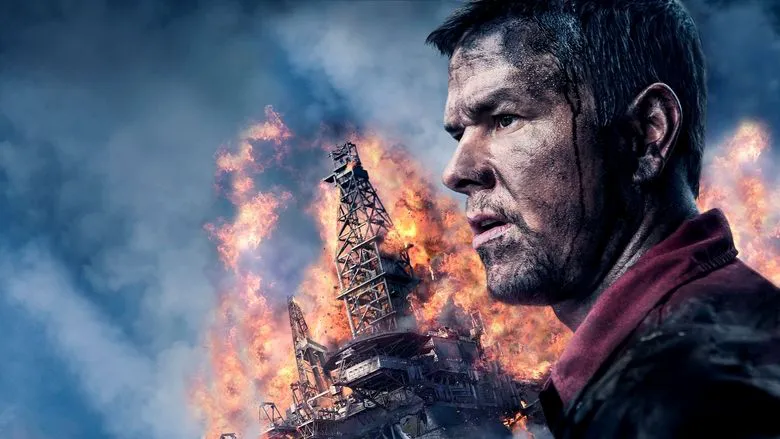
Quality Control vs. Cutting Corners
Why did the ancient Romans defeat the Carthaginians, natural seafarers, at sea? One reason was that the Carthaginians inscribed the name of the god Baal on the rams of their ships, while the Romans inscribed the name of the official who inspected the ship. Even then, the Romans understood that quality control in peacetime would more than pay off during war. Unfortunately, this lesson isn’t ingrained in children’s minds, and many grow up behaving like Carthaginians rather than Romans. This can lead to disasters like the Deepwater Horizon explosion on April 20, 2010.
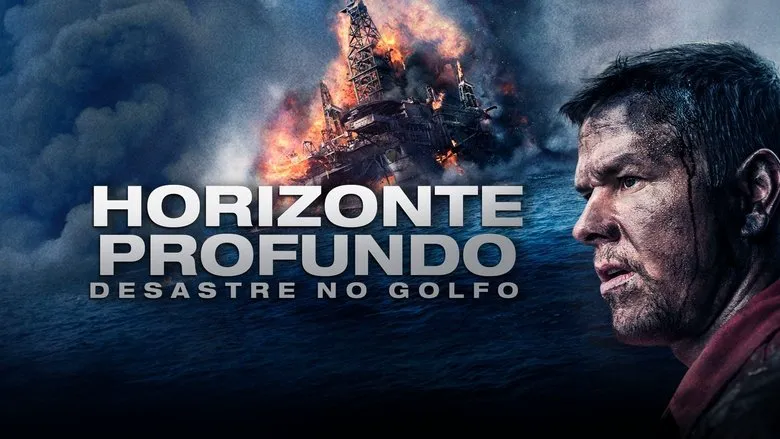
While understanding all aspects of the tragedy requires expertise in petroleum engineering, the essence can be summarized in one sentence: “Big companies cut big corners.” BP, which commissioned the drilling, economized on one thing, and Transocean, which owned the platform, didn’t pay for another. The result was 11 deaths, 17 injuries, a completely destroyed platform, the largest oil spill in human history, and immeasurable damage to the region’s ecology and economy. BP alone has paid over $50 billion in fines, compensation, and ocean cleanup costs. All to save a few million dollars on safety. Such is big business.
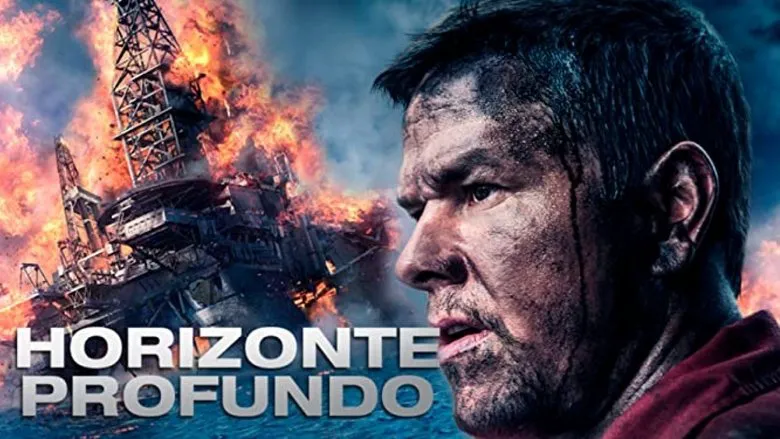
Hollywood’s Take on Tragedy
The film’s producers received $38 million from the Louisiana government for filming in their state, with a total budget of $156 million.
Due to Hollywood’s slow pace, the film based on those events is released when the Horizon tragedy has begun to fade from American memory. However, the families of the deceased will never forget the catastrophe, and director Peter Berg, previously known for lighter fare like Battleship and Hancock, strives to commemorate the victims (listed by name in the film) and visually demonstrate the irresponsibility of cutting corners on safety.
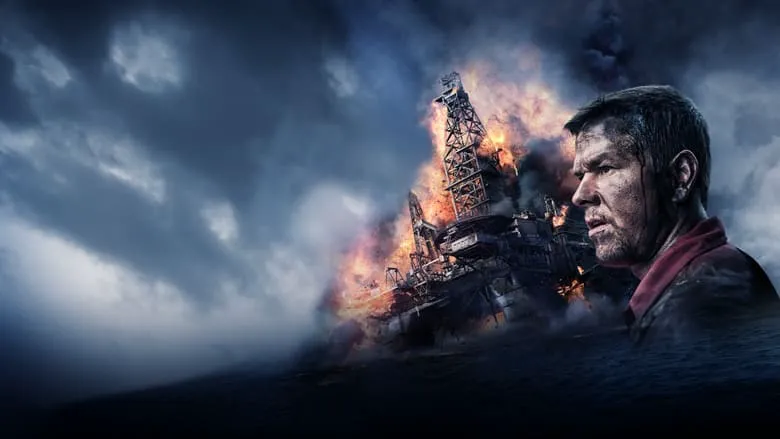
Unfortunately, Berg’s Horizon is little more than a high-quality, feature-length public service announcement. The film reeks of soulless Hollywood calculation, not only in the periodic appearances of the family of senior electrician Williams (Mark Wahlberg) but even in the inclusion of the American flag. It seems to both reproach the American drillers, who were endangered by following the orders of a British company, and to bless the heroic mechanic who sacrifices himself for his comrades. The film openly manipulates the audience and makes no attempt to hide it.
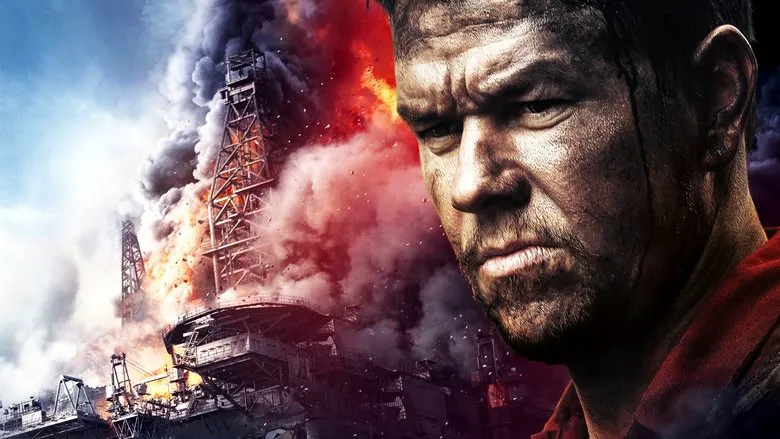
Performances and Limitations
Of all the film’s stars, Kate Hudson bears the least resemblance to her character’s real-life counterpart. The real Mrs. Williams, wife of the Horizon’s senior electrician, does not have “Hollywood” proportions.
In turn, the charisma of established and emerging stars (Russell, Wahlberg, Hudson, John Malkovich, Gina Rodriguez, Dylan O’Brien) cannot conceal that the characters in Horizon are no deeper than those in Battleship. Although, of course, it’s enjoyable to watch Russell sporting a Cossack mustache, Malkovich portraying a greedy BP executive, and Rodriguez from the series Jane the Virgin displaying her signature stunned expression as the platform’s helmsman. Wahlberg plays his usual role of a simple worker who becomes the main hero in a difficult moment.
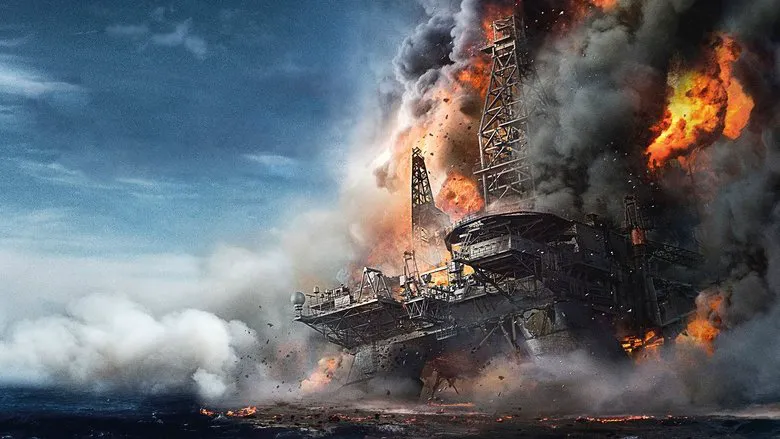
However, Williams’ heroism proves to be rather limited. Since this is a real story, not a Hollywood one, most of the drillers reach the lifeboats themselves, and Williams only rescues a couple of colleagues. Of course, genuine heroism usually looks like this. But from a genre perspective, Horizon noticeably pales in comparison to fictional disaster films like Flight or The Towering Inferno, where the characters overcome far more challenges and demonstrate far greater ingenuity.
At least, Horizon delivers on fire, explosions, and fountains of oil. The film’s effects are so grandiose, frightening, and realistic that it’s hard to believe they are effects and not documentary footage. So, the film flawlessly conveys the idea that small mistakes lead to big trouble. It’s a pity that the film doesn’t have much else to boast about.